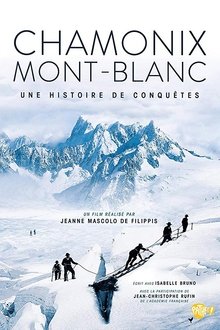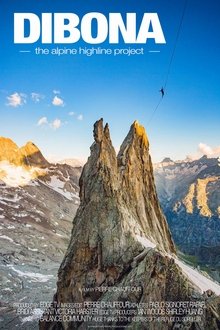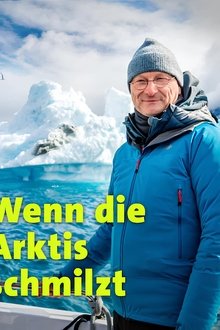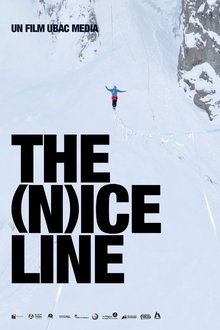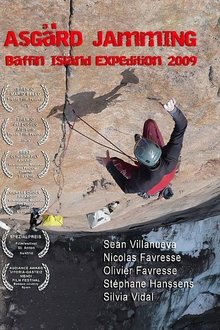A team of 20 elite Nepali climbers venture into the Death Zone of Mount Everest to restore their sacred mountain and the contaminated water source of 1.3 billion people. They ascend the highest point on the planet to the 150 bodies of deceased climbers and 100,000 pounds of rubbish that remain on the high slopes of Everest. This is the self-documented story of their life-threatening journey.
Related Movies
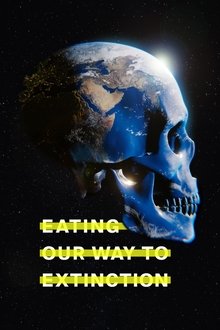
Eating Our Way to Extinction (2021)
With searing insight that shines light in dark corners, EATING OUR WAY TO EXTINCTION is a compelling feature documentary that opens the lid on the elephant in the room no one wants to talk about. Confronting and entertaining, this documentary allows audiences to question their everyday choices, industry leaders and governments. Featuring a wealth of world-renowned contributors including Sir Richard Branson and Tony Robbins, it has a message of hope that will empower audiences.

2 Degrees (2014)
2 Degrees is about nothing less than the fight for the health of the planet we call home. The abstract idea of climate change is explored through the weaving of real and emotional journeys an audience can relate to. Our characters battle to mitigate the potential disasters of climate change and fight for climate justice, for it will be the developing world that bears the brunt of our profligacy and short sightedness. While An Inconvenient Truth alerted us to the problems facing the earth, 2 Degrees is the gripping and vital fight for a solution.

Reel Rock 19 (2025)
Reel Rock 19 showcases three world-premiere climbing films spanning disciplines, characters, and continents: a heartfelt story of second chances in love and climbing on Squamish’s legendary Cobra Crack; an outrageous 18-day big wall epic on Patagonia’s towering Torre Central; and the pursuit of a lifelong dream—a 5.15 first ascent—made possible by an unlikely partnership.

To Teach a Bird to Fly (2020)
This experimental nature documentary by Minna Rainio and Mark Roberts depicts climate change and the wave of extinction from the point of view of our near future. Actually, it depicts the age we live in now, or rather its fateful consequences.

Hot Air (2014)
In the years since New Zealand politicians began to grapple with climate change our greenhouse gas emissions have burgeoned. Alister Barry’s doco draws on TV archives and interviews with key participants to find out why.
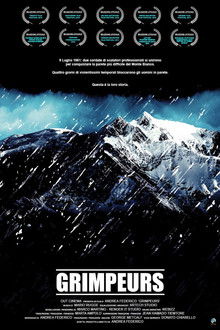
Grimpeurs (2015)
In 1961 the southern face of the Central Pillar of Mont Blanc was still unclimbed. Two roped parties of climbers decided to come together to attempt to open a new route. Four days of violent storms caught the climbers just 80 metres from the summit. Of the seven climbers, only three returned home. One of the most intense and dramatic events in the history of climbing relives on the big screen, thanks to accounts and images of the feat.
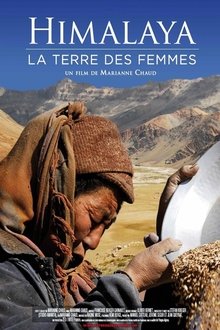
Himalaya: The Land of Women (2012)
At an altitude of nearly 4,000 meters, Sking is one of the most isolated villages in the Himalayan region of Zanskar. In just three months, from August to October, the Zanskaris have to harvest and store all their food for the coming year. All the women-young and old alike-work nonstop, from dawn to dusk, and worry about the arrival of winter. Filmed from the point of view of a subjective camera by a young female ethnologist, Land of Women offers a sensitive and poetic immersion in the life of four generations of women during harvesting season. We share their rare intimacy and gradually grow attached to them.

Disobedience (2016)
Disobedience tells the David vs. Goliath tale of front line leaders battling for a livable world. Filmed in the Philippines, Turkey, Germany, Canada, Cambodia and the United States, it weaves together these riveting stories with insights from the most renowned voices on social justice and climate. Disobedience is personal, passionate and powerful - the stakes could not be higher, nor the mission more critical.
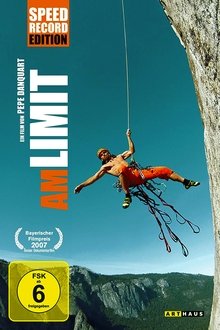
To the Limit (2007)
At the Limit is a documentary about extreme climbing. In this sports documentary, Pepe Danquart shows brothers Thomas and Alexander Huber climbing in Patagonia and on the granite rock "El Capitan" in Yosemite Valley (USA). A key part of the film is their attempt at a speed ascent of the 1,000-meter-high route "The Nose," in which the two athletes aim to break the then speed record of 2:48:30 hours, set by Hans Florine and Yuji Hirayama in September 2002.
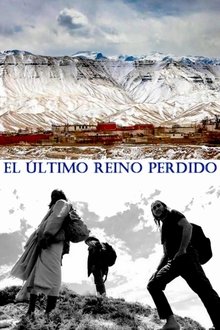
The Last Lost Kingdom (2014)
Following in the footsteps of his father, Folco Felzani embarks on an epic journey on foot in search of Mustang, the last lost kingdom, in northern Nepal. The story of a king without a kingdom. The adventure of a son without a father.

Cannibals and Crampons (2002)
The explorers Bruce Parry and Mark Anstice climb the remote and little known mountain Puncak Mandala in the Indonesian part of New Guinea. They have to cross remote jungles, climb icy cliffs and navigate the curiosity and fear of indigenous peoples in order to get to the top.

Against the Tide (2023)
Two friends, both Indigenous fishermen, are driven to desperation by a dying sea. Their friendship begins to fracture as they take very different paths to provide for their struggling families.
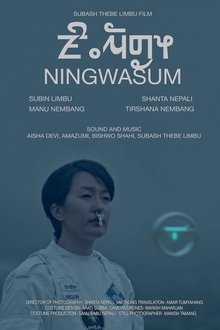
Ningwasum (2022)
Ningwasum follows two time travellers Miksam and Mingsoma, played by Subin Limbu and Shanta Nepali respectively, in the Himalayas weaving indigenous folk stories, culture, climate change and science fiction.
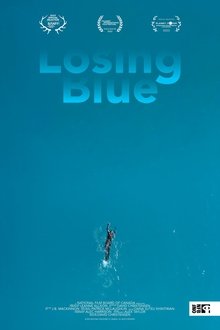
Losing Blue (2023)
What does it mean to lose a colour? Losing Blue is a cinematic poem about losing the otherworldly blues of ancient mountain lakes, now fading due to climate change. With stunning cinematography, this short doc immerses the viewer in the magnificence of these rare lakes, pulling us in to stand on their rocky shores, witness their power and understand what their loss would mean—both for ourselves and for the Earth.
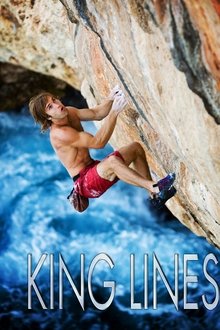
King Lines (2007)
King Lines follows Chris Sharma on his search for the planet's greatest climbs. From South American fantasy boulders to the sweeping limestone walls of Europe, Sharma finds and climbs the hardest, most spectacular routes. Off the coast of Mallorca he discovers his most outrageous project yet, a 70 foot arch rising from the Mediterranean Sea...
